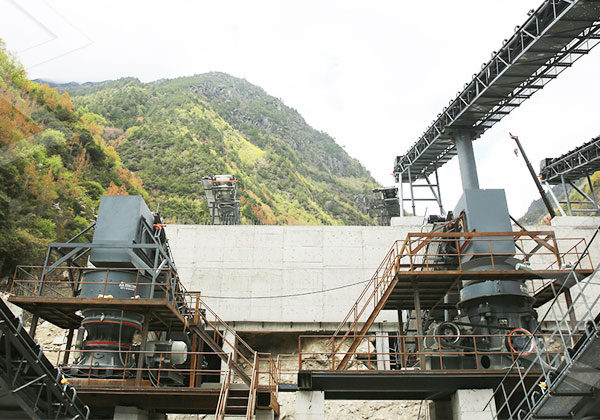The basalt crushing plant is a crucial component of the mining industry, especially in the Philippines, where basalt is a common volcanic rock. Basalt is utilized in construction, road building, and as an aggregate in concrete production due to its durability and strength. Setting up a basalt crushing plant involves multiple stages, including planning, designing, and the installation of equipment to ensure efficient and effective processing of basalt into the desired sizes and shapes.
Site Selection and Planning
Choosing the right location for a basalt crushing plant is fundamental. The site should be near basalt deposits to minimize transportation costs and ensure a steady supply of raw material. Accessibility to infrastructure such as roads, power, and water supply is also essential. It is also crucial to ensure environmental considerations, such as minimizing dust and noise pollution and ensuring proper waste management.

Equipment Selection
The efficiency of a basalt crushing plant depends significantly on the equipment used. Essential components include:
- Jaw Crusher: This primary crusher handles the initial reduction of large basalt rocks, producing manageable sizes for further processing.
- Cone Crusher: Following the jaw crusher, a cone crusher further reduces the size of the basalt rocks, producing finer aggregates.
- Vibrating Feeder: Ensures a consistent flow of basalt rocks into the jaw crusher, optimizing processing efficiency.
- Vibrating Screen: Separates crushed basalt into different size fractions, ensuring uniformity in the final product.
- Belt Conveyor: Transports materials between different stages of crushing and screening.
High-quality, durable machinery is essential to withstand the hardness and abrasiveness of basalt, ensuring longevity and reducing maintenance costs.
Benefits and Applications
The basalt crushing plant offers numerous benefits:
- High Efficiency: Advanced machinery ensures that the plant operates at high efficiency, reducing operational costs.
- Quality Aggregate: The process produces high-quality aggregate that meets industry standards for use in construction and road building.
- Versatility: Basalt aggregates can be used in various applications, including concrete production, road base materials, and asphalt mixtures.
- Economic Value: The plant creates jobs and stimulates local economies by providing essential materials for infrastructure development.
Operational Efficiency
Efficiency in operations is critical to the profitability of a basalt crushing plant. Key strategies include:
- Regular Maintenance: Routine checks and maintenance of machinery to prevent breakdowns and prolong equipment life.
- Training: Ensuring operators are well-trained in the use of equipment and safety protocols.
- Quality Control: Implementing strict quality control measures to ensure the final product meets the required specifications for construction and road building.
The basalt crushing plant is a pivotal element in the mining and construction industry in the Philippines. By providing high-quality aggregates, it supports the development of infrastructure and various construction projects. Proper planning, efficient design, and adherence to environmental standards are crucial for the successful operation of the plant. With the right approach, the basalt crushing plant can contribute significantly to the local economy and the overall progress of the region.

